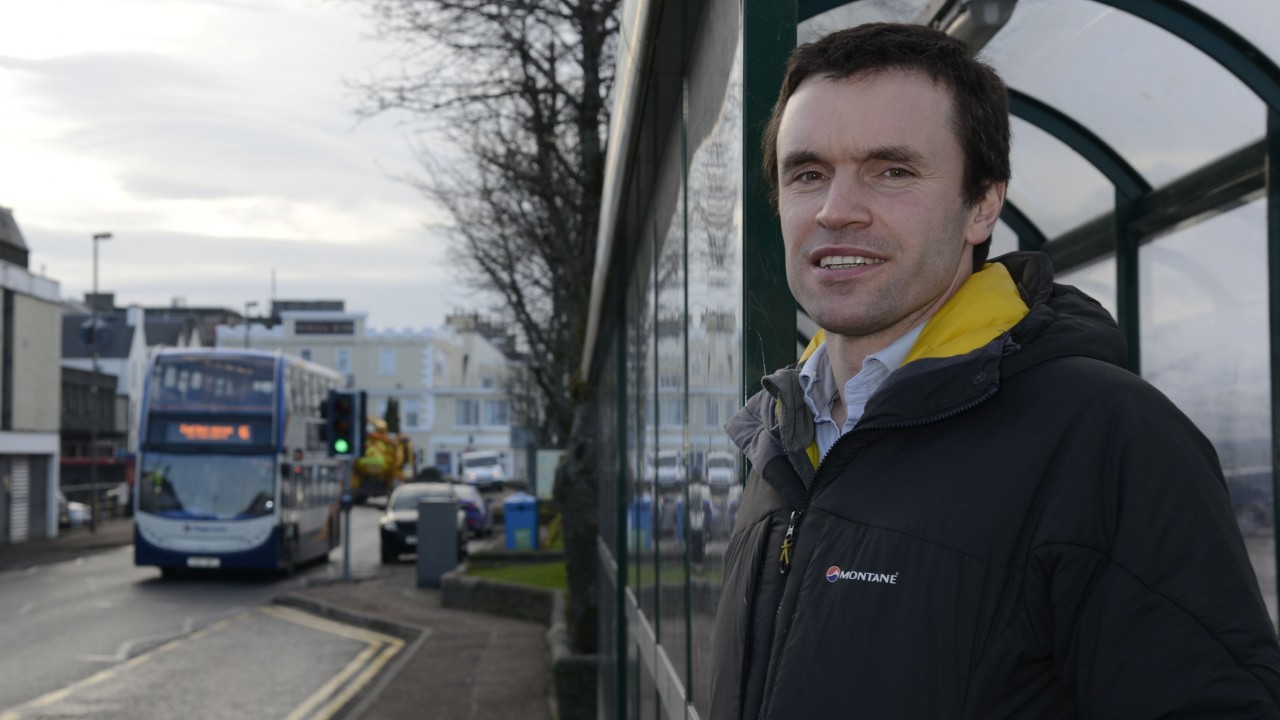Highland Council should become a corporate landlord, directly managing its estimated £15 billion worth of property assets, according to executive chief officer for housing, Mark Rodgers.
Mr Rodgers says that unlike for its 14,000 strong housing stock which it manages as a corporate landlord, the council does not have a management structure or strategic asset approach in place to look after its other 1200 tenanted properties effectively.
These include temporary, specialist and sheltered accommodation, council offices, schools, depots, recycling centres, all High Life Highland buildings and various small properties.
Mr Rodgers told councillors at yesterday’s housing and property committee meeting that he was trying to get more of a “unified, logical approach” to the management of the council’s estate by through adopting the corporate landlord model.
He said: “The number of properties we have has grown incrementally over time, and the responsibility for managing them largely rests with individual services, so we are trying to get some form of consistency as to how we manage, invest in and pay for everything connected with those buildings.”
He emphasised that although it would be a centralised model for consistency, it would not be a “command and control model” with plenty of flexibility depending on local needs.
Councillor Ben Thompson, who chairs the housing and property committee, said bringing these buildings under the corporate landlord model is a logical step and would be transformational.
He said: “With the council’s housing stock we have complete oversight and detailed information and quarterly reports on condition and repairs are available to councillors to scrutinise.
“The 1,200 other buildings which at a conservative estimate amount to £15bn of assets are managed locally but it means detailed knowledge about them is not readily available and there is no oversight.
“The most information we get about schools’ condition for example are in letters A, B or C.
“I believe moving these buildings to a corporate landlord model would be transformational enabling the council to see where to invest or where to take the long view and demolish and build new.”
Councillors welcomed the principle with Inverness Central member Janet Campbell describing it as “an exciting concept” with the council “undoubtedly embarking on a fruitful journey”.
Deputy leader Alasdair Christie said: “One of the failings that we’ve all seen over the years is that strategic approach in how we deal with our assets.
“ I think this for the first time really allows us to drill down into it to make sure we’re getting value for money using our assets and our buildings appropriately for the use that meets the vision and programme of service that we as councillors want for our communities and residents.”

